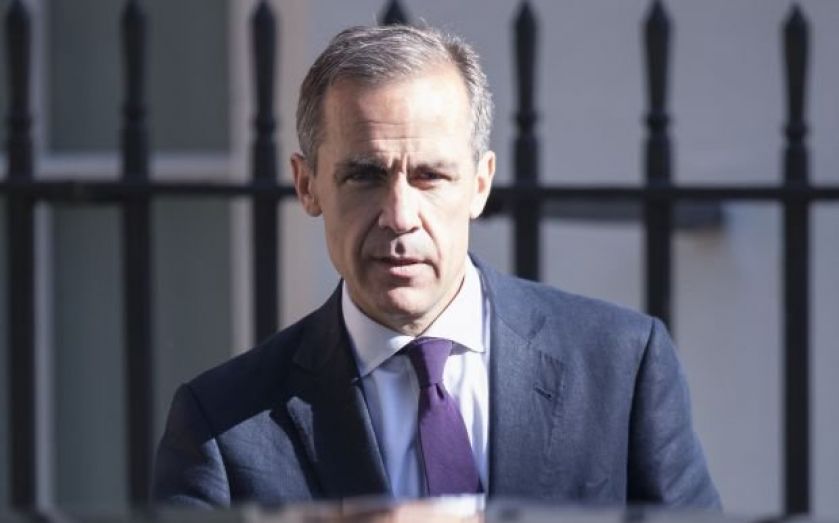Bank of England MPC votes to keep interest rates at record low

The Bank of England's monetary policy committee has done just what everyone was expecting, and held rates where they are at 0.5 per cent.
The minutes of last month's meeting revealed the nine-person panel had been split seven to two in favour of leaving rates at their historic lows, and it is considered unlikely that the dissent will have dragged any more members in.
The minutes, scheduled for release in two weeks' time, will prove to be more interesting.
Analysts at Barclays, Oxford Economics, BNP Paribas, Berenberg, Investec and a range of others had thought it possible there would be a hike in November, but then inflation fell to 1.6 per cent and house price growth slowed.
With no inflationary pressure and wages dropping 0.2 per cent in the year to June, a rise seems less likely than a month ago.
See the results of City A.M.'s shadow MPC here.
Ahead of the announcement, DAIWA Capital Markets analysts said:
In contrast to the ECB, the BoE’s latest MPC meeting is likely to prove a non-event, with Bank rate expected to be left unchanged at 0.5 per cent for the 66th consecutive month.
While two committee members voted for a 25 basis point hike in August, not least given the continued weakness of average wages there seems no reason whatsoever to expect any increased support for a rate rise today.
Of course, we will have to wait until the minutes are published on 17 September to see whether the vote split did indeed remain at seven to two.
As DAIWA pointed out, wages have been stubbornly behind inflation for some time, despite inflation falling further behind target.
Inflation is a key target of the Bank and a rise in interest rates would be likely to reduce inflation, so the drop will have been noted.
Even when rates do rise, they are expected to do so gradually and attain a cyclical peak of three per cent, rather than the five per cent which is seen as the historical norm.
The Bank also held asset purchases (quantitative easing) at £375bn.
The MPC is comprised of the governor, three deputy governors (for monetary policy, financial stability and markets & banking), the Bank's chief economist and four external members appointed directly by the Chancellor.